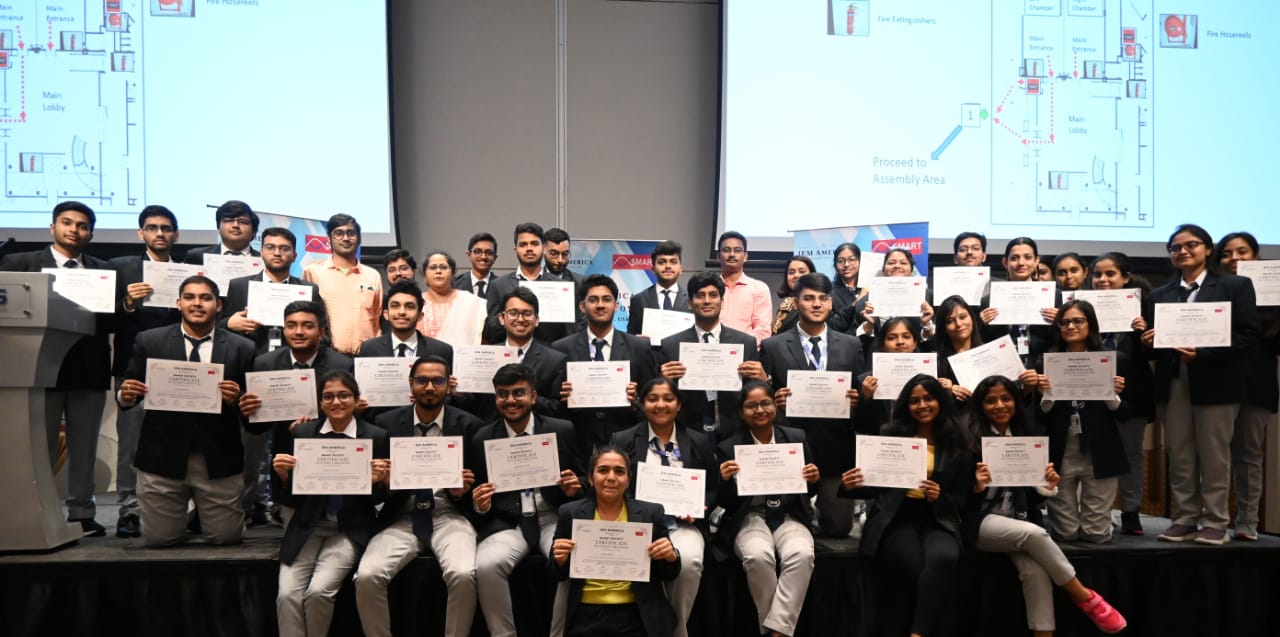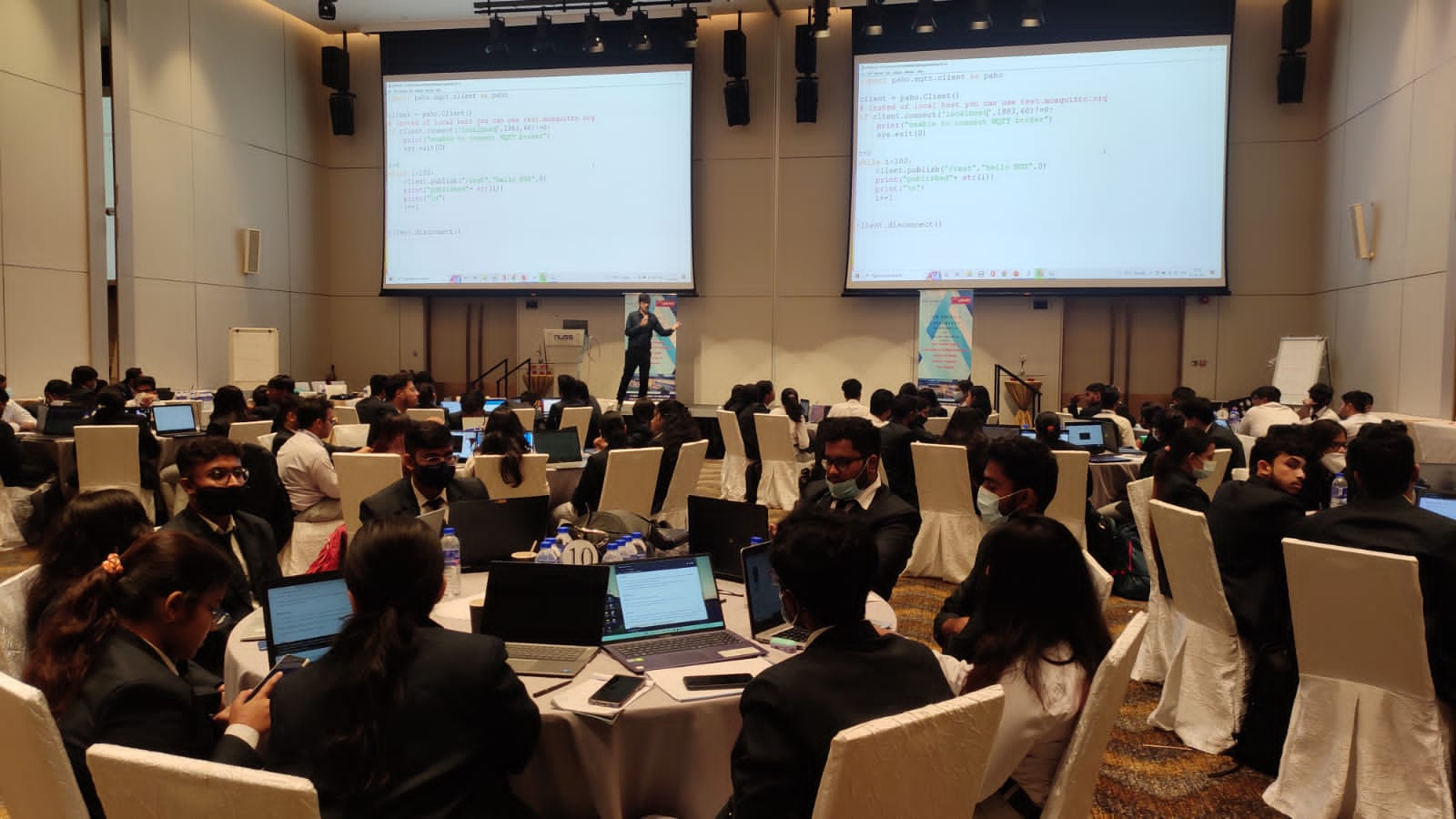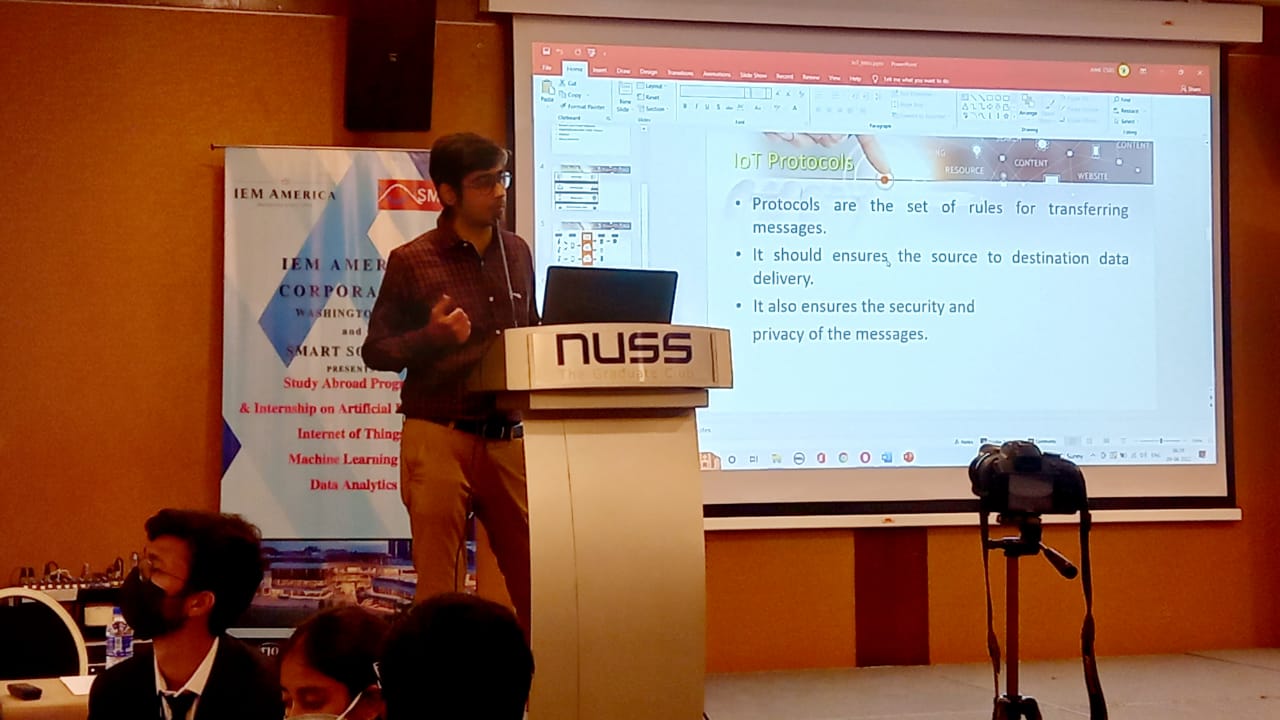1. AI in Renewable Energy (3 hours)
- AI in Solar Power: Forecasting solar radiation and energy production
- AI in Wind Power: Predicting wind patterns, optimizing turbine performance
- AI for Hydropower and Biomass Energy Systems
- Case Studies of AI in optimizing renewable energy production
2. AI in Smart Grids (3 hours)
- Role of AI in Smart Grid Automation and Control
- Predictive Maintenance for Energy Infrastructure using AI
- Load Forecasting and Demand Response using AI
- Energy Management Systems (EMS) and AI Integration
- Hands-on: AI-based forecasting of energy demand or grid balancing using Python
3. AI for Energy Storage and Battery Management (2 hours)
- Role of AI in optimizing battery charging/discharging cycles
- Predictive modeling for battery lifespan and performance
- AI-based management of distributed energy storage systems
- Real-world examples: AI-driven battery management in electric vehicles and grid systems
4. AI in Energy Efficiency and Conservation (2 hours)
- AI for monitoring and optimizing energy usage in buildings (Smart Homes, Smart Cities)
- Machine Learning for energy consumption prediction and load optimization
- Energy Conservation Systems using AI in industries
- Hands-on: AI tools for building energy efficiency analysis and optimization





